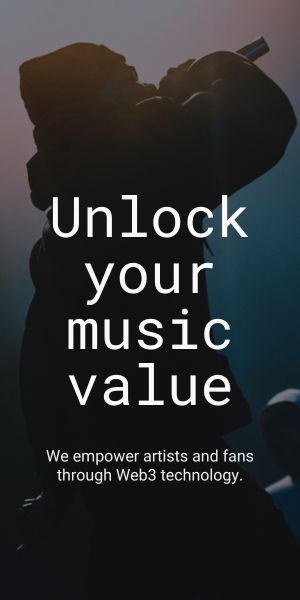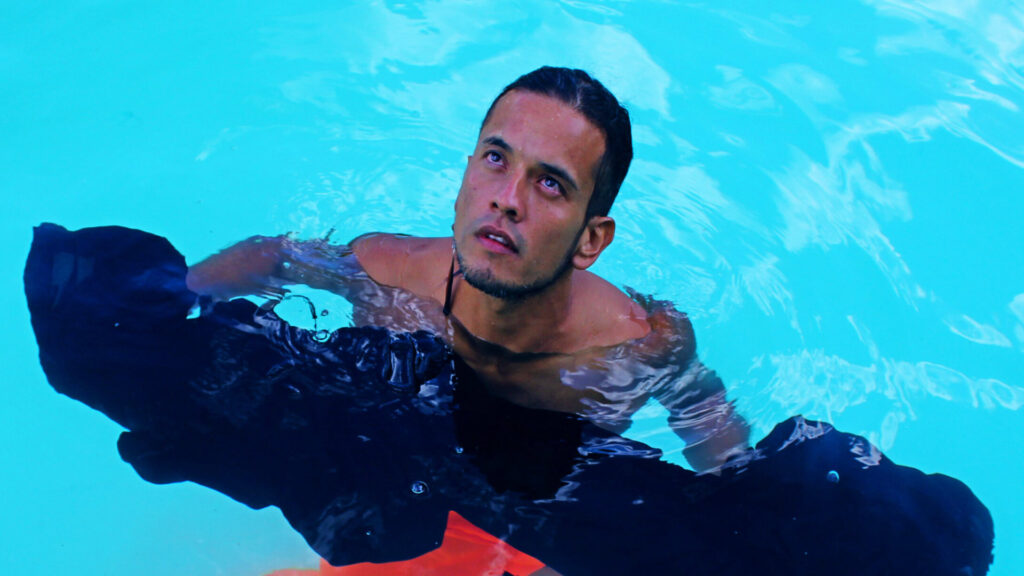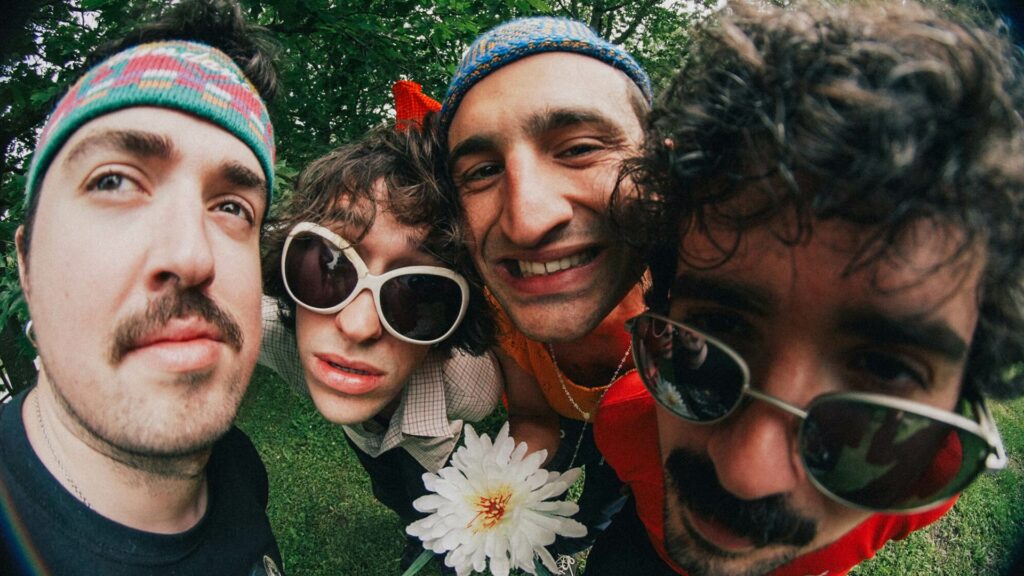Known for his dreamy electronic beats infused with 80s anime nostalgia, Desired is often regarded as one of the most underrated artists in the genre, consistently delivering some of its best music. As a Future Funk and Drum and Bass producer based in Russia, Desired is back with new singles and an eagerly anticipated album on the way. Today, he is here to discuss the future funk genre, international recognition, and his plans for the future.
Can you share your background and how you first discovered your love for anime, city pop, and Japanese culture? How did these influences lead you to become a future funk and vaporwave producer?
I was born into a simple family in Yekaterinburg, enrolled in music school, but had to leave almost immediately due to thin walls at home and the inconvenience it caused neighbours. My fascination with anime began with Sailor Moon glimpses on TV. Later I came across fan sites for Sailor Moon, and then various anime portals. That’s where my fascination with anime, Japanese music, and culture l began.
Towards the end of school, I began making music—initially, lo-fi hip-hop, but soon shifted to more energetic retro music with old anime covers.
As an artist based in Russia, how do you perceive your connection to the global scene? Do you feel more aligned with your local scene in Yekaterinburg, or do you consider yourself part of a broader Asian or global community?
I’ve never performed in Yekaterinburg or Russia as a whole. My musical style isn’t widely represented here; it’s mostly dominated by hip-hop. My friends in the global music community share a similar genre and style, making geography less relevant. Thus, I see myself as more of a cosmopolitan artist.
Could you describe what your live performances are like? Where do you usually perform, and what’s the experience like for you and your audience?
It so happened that I have only performed in Asia so far, but I’m eager to expand to America. For me, any concert is about the insane energy that people bring. I don’t know if I got lucky, but at all my concerts, people went wild, and danced, although I heard that crowds in Asia are quite reserved. The most memorable were in Tokyo on New Year’s Eve, with sold-out shows and overwhelming enthusiasm. I’ve also performed in Taiwan, Hong Kong, and South Korea.
Where do you see the future of vaporwave and future funk heading in the coming years?
Vaporwave was buried back in 2015 when the album ‘Vaporwave Is Dead’ was released on Dream Catalogue. But the genre has a spiritual successor in the form of Barber Beats. Future Funk also died and transformed, in a way even entering the mainstream. Somewhere after 2019, the influence of the genre on popular music became obvious, when people slowly started returning from trap and hip-hop to the sound of 80s disco and funk. At the moment, I believe the genre has exhausted itself, but let’s see what happens in a couple of years. I often notice that music is cyclical, every couple of years people remember old hits and remix them in a modern way, and this is essentially the foundation of Future Funk.
Are there any other musical styles or elements you’re interested in experimenting with in your future work?
I’ve worked in various genres. My listeners know me for dance music, but I’ve also released five albums of lo-fi hip-hop. Currently, I’m drawn to Drum and Bass/Jungle, a genre I listened to in my childhood that has recently regained popularity. This speaks to the cyclical nature of music. I think we can expect more music in this genre.
I’m curious about Sailor Team. Could you explain what that is? Is it a collaborative project or a collective of producers working together? Are you still involved with them, or have you moved on to pursue a solo career?
Sailor Team – it’s a group of magical girls from Sailor Moon. But in all seriousness, Sailor Team was initially formed as a group of friends, an interest club inspired by Sailor Moon. Initially, we had a large collective, called Future Society Collective, which was put together by guys from America.
There were about 40 people at the peak of its activity. Over time, some guys stopped making music, some switched to other genres, and at one point, my friend from this collective, Night Tempo, reached out to me. He said he wanted to create a group with a similar idea, but smaller. The plan was to perform and work together. That’s how it went until the pandemic hit, and then the borders closed. Consequently, there were fewer opportunities for performing and working together.
I’m not sure if Sailor Team still exists, but I try to stay in touch with all the guys. They’re really cool, so I hope we’ll work together again.
People frequently comment that you produce the best future funk music in the genre. What do you consider to be your most successful or best release to date, and why?
I don’t know about the best music in the genre, but I often see the opinion that I am the most underrated. It’s really flattering. Yet, I consider ‘Plastic Whatever’ my most significant release. During its creation, I carefully thought about the concept and all sorts of details, and aesthetics, and I see that people appreciated it. For me, as an artist, this is likely the most important aspect. I hope that things will only get better from now on, and new albums will surpass my old ones.
Your recent return from a break saw the release of your single ‘Moonlight Eyes.’ Can you tell us a bit about what led to your absence and the inspiration behind your latest release?
In the past, I used to gift my fans new albums or singles on my birthday. However, I had to skip this tradition for the last couple of years. I won’t go into detail about my absence, but I spent that time on self-improvement: physically, mentally, and musically. This year, I released two tracks – one aimed at a mainstream audience and the other for connoisseurs. Over the past two years, I’ve also been actively studying music theory. As someone who never received formal education in music, I’ve been self-taught since the beginning of my musical journey. I hope this growth is noticeable in my latest tracks.
Looking ahead to 2024, what are your plans for live shows and releases? Can we expect any new music or exciting projects from you soon?
It’s hard to talk about live shows right now, but I’m always up for it, I miss performing live. If concert organisers are reading this and interested in booking me, I’m ready! Regarding music, I believe everything is on track; I’ve already prepared a couple of tracks and might even release an album this year.
Next story


